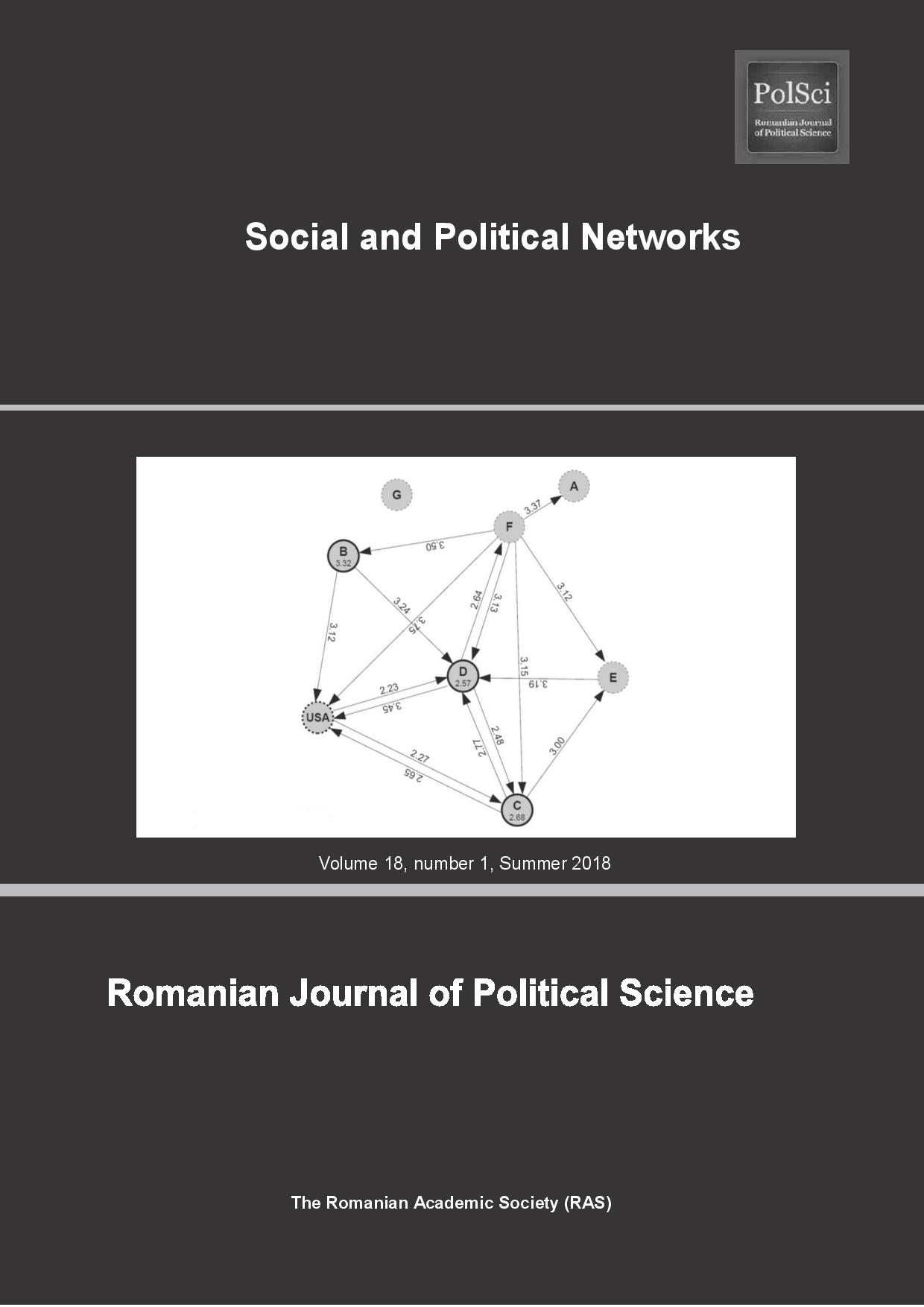THE INSTITUTIONALISATION OF SOCIAL SCIENCES: BRINGING GRADUATES’ EMPLOYMENT INTO THE EXPLANATION
THE INSTITUTIONALISATION OF SOCIAL SCIENCES: BRINGING GRADUATES’ EMPLOYMENT INTO THE EXPLANATION
Author(s): Viorel Proteasa, Silvia I. FierăscuSubject(s): Social Sciences, Economy, Higher Education , Management and complex organizations, Human Resources in Economy
Published by: Societatea Academică Română (SAR)
Keywords: social sciences; institutionalisation; professionalisation; graduate employment; labour market; Romania;
Summary/Abstract: Normative and empirical accounts of higher education graduates’ employment prospects are both overlooked in the study of the institutionalisation of disciplines. How distinctive are different strands of social science disciplines, judged by the employment of their graduates? We address this gap in the literature by operationalising the link between the institutionalisation of disciplines and labour market evidence as the establishment of exclusive occupational destinations for their graduates. We use a population data set extracted from official registers within a graduates’ tracer study, covering the Bachelor degree programmes in four social sciences disciplines of one university in Romania. We focus our analysis on the mechanisms of matching between faculties’ definitions of employment prospects and the jobs their graduates take. In doing so, we use conceptual and methodological models based on statistical matching techniques and similarity–based network analytical methods. Our main findings indicate two different profiles of exclusivity, a linear one and a generalist, catch-all one. Our findings can be considered indicative for the interplay between the institutionalisation of disciplines and the employment prospects of graduates in settings similar to Romania’s, such as the broader Central and Eastern Europe. At the same time, our results have implications for higher education institutions at both an administrative level – in accreditation and recruitment strategies and portfolios, as well as a broader policy level – in using empirical evidence to inform the modernisation of social science curricula that reflect a calibrated matching between skills and competencies defined normatively, and the requirements of a dynamic labour market for social science graduates.
Journal: Romanian Journal of Political Sciences
- Issue Year: 18/2018
- Issue No: 1
- Page Range: 79-107
- Page Count: 29
- Language: English
- Content File-PDF

